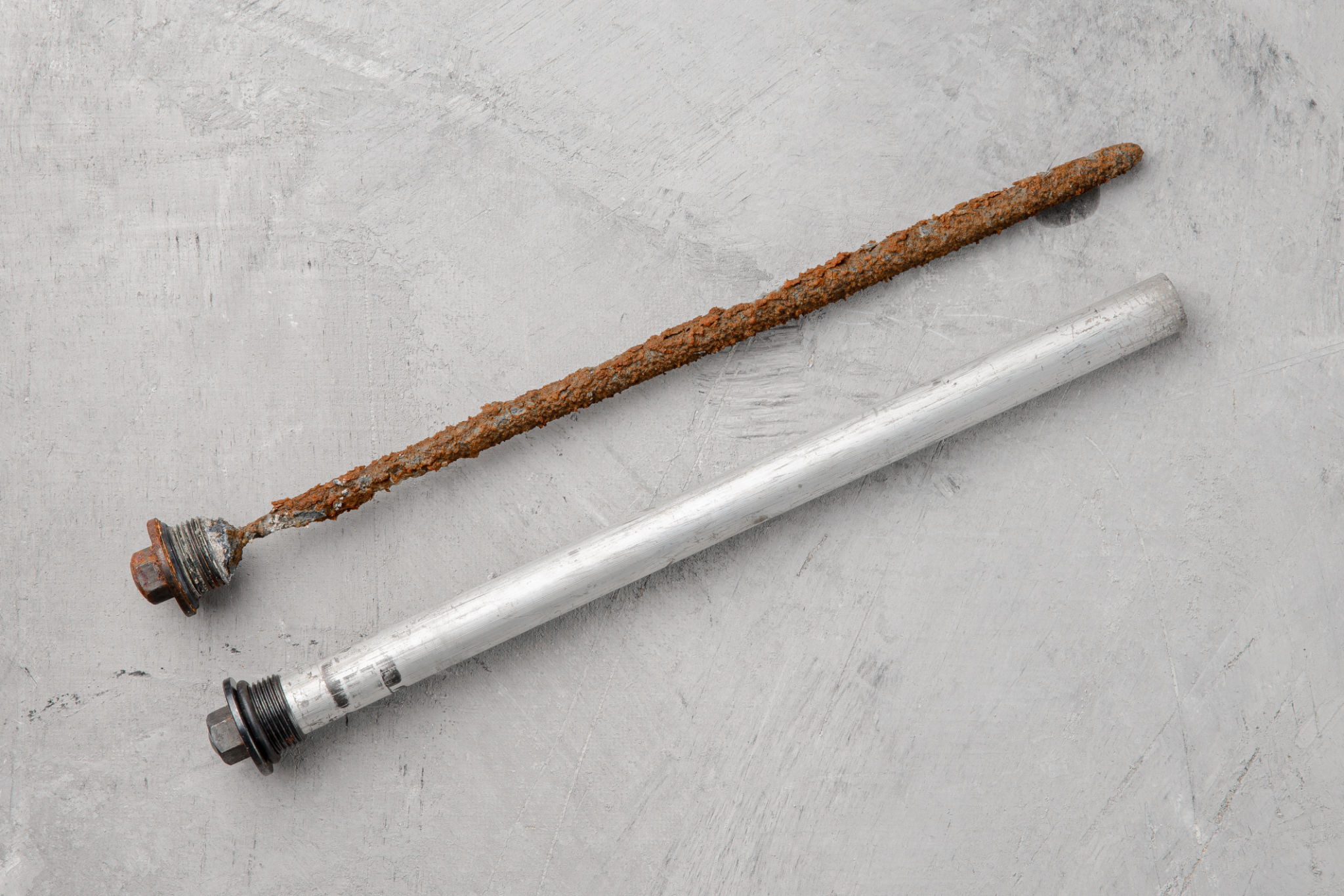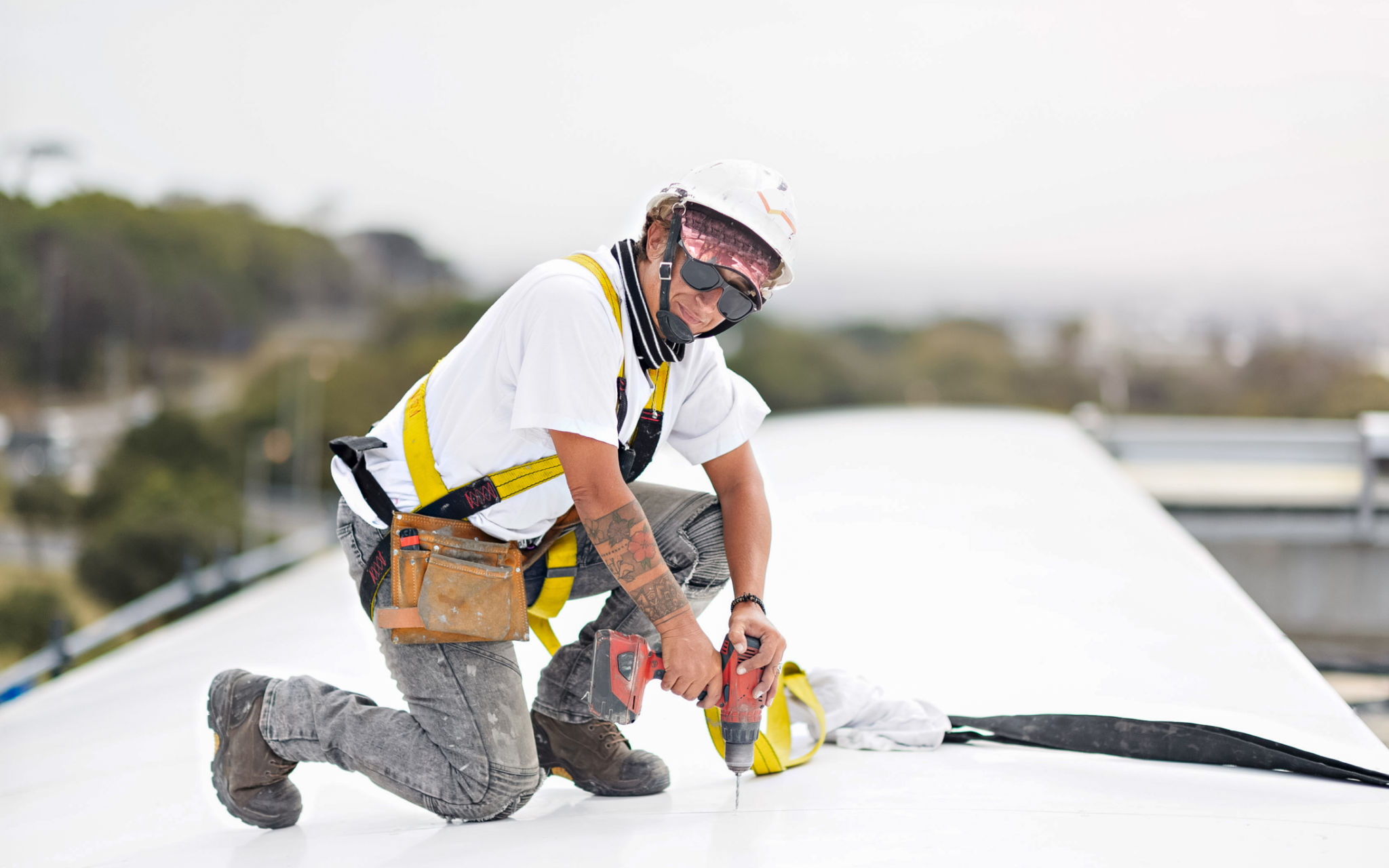Expert Insights: The Importance of Regular Zinc Replacement for Your Yacht
Understanding the Role of Zinc in Your Yacht
For yacht owners, maintaining the vessel's health is paramount. One of the critical components in this maintenance routine is ensuring regular zinc replacement. Zinc acts as a sacrificial anode, protecting your yacht's metal parts from galvanic corrosion, which can lead to significant damage if left unchecked. This process occurs in saltwater environments where metal components are submerged, causing different metals to corrode at varying rates.

Zinc anodes are used on various parts of the yacht, including propellers, shafts, and hulls. They work by corroding in place of the more expensive metal parts, offering a cost-effective way to prolong the life of your yacht's essential components. Without proper zinc replacement, these parts can suffer extensive damage, leading to costly repairs.
Signs That Zinc Replacement Is Needed
Recognizing when your yacht's zinc anodes need replacement is crucial for ongoing maintenance. One of the most apparent signs is when the zinc anodes appear significantly worn down or dissolved. Typically, if an anode is more than half consumed, it should be replaced promptly to ensure continuous protection.
Another indicator is the presence of increased corrosion on metal parts. If you notice unusual corrosion patterns or faster-than-normal degradation of metal components, it's a sign that the zinc anodes may not be functioning effectively. Regular inspections are key to catching these issues early and ensuring that your yacht remains protected.

Recommended Frequency for Zinc Replacement
The frequency of zinc replacement depends on several factors, including water conditions and how frequently you use your yacht. As a general guideline, inspecting and potentially replacing zinc anodes every six months is advisable. In harsher environments, or if you use your yacht frequently, quarterly checks might be necessary.
Understanding your specific boating environment can help tailor this maintenance schedule. Saltwater accelerates corrosion compared to freshwater, and warmer climates can impact the rate at which zinc is consumed. Regular consultation with marine experts can provide personalized insights into the best practices for your yacht.
The Cost-Effectiveness of Regular Maintenance
While replacing zinc anodes might seem like a recurring expense, it's a significantly more affordable option compared to repairing corroded parts. The cost of replacing propellers, shafts, or hull sections far outweighs the small investment in new zinc anodes. This preventive approach not only saves money but also ensures your yacht is always ready for adventure.

Moreover, regular zinc replacement enhances the resale value of your yacht. Potential buyers often look for well-maintained vessels with documented care routines. Demonstrating a history of regular maintenance can make your yacht more attractive in the market.
Expert Tips for Effective Zinc Replacement
When replacing zinc anodes, ensure that they are securely attached and in direct contact with the metal surfaces they are meant to protect. It's essential to choose the correct size and type of anode for each section of your yacht. Consulting with marine professionals can provide guidance on selecting appropriate anodes based on your yacht's specifications.
Additionally, keep detailed records of when replacements occur and any observations during inspections. This documentation will help in tracking wear patterns and adjusting maintenance schedules as necessary.
In conclusion, regular zinc replacement is a fundamental part of yacht maintenance that should not be overlooked. By understanding its importance and adhering to a consistent replacement schedule, you ensure the longevity and performance of your vessel, protecting your investment for years to come.